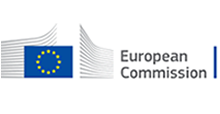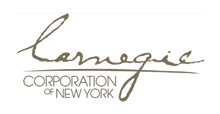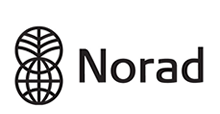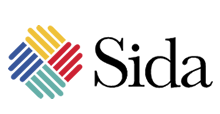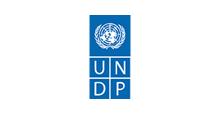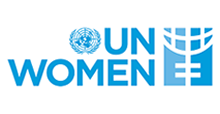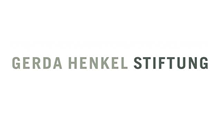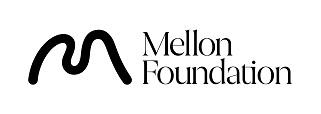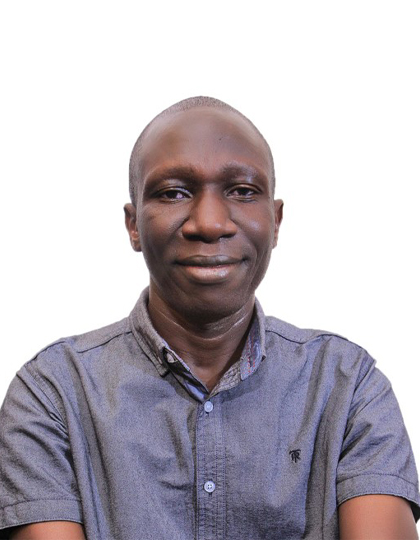
Deo Kawalya holds a PhD in African Languages and Cultures from Ghent University in Belgium. He is a lecturer in the Department of Linguistics, English Language Studies and Communication Skills at Makerere University. His research interests include corpus linguistics, modality, evidentiality and lexicography. He has previously researched on different aspects of modality in Luganda and West Nyanza Bantu languages, by mainly analysing corpus data and, more recently, he has undertaken projects aimed at building corpora for different Ugandan languages.
- Kawalya, Deo (2024). Evidential Strategies in Luganda. In L. Mugumya, A. Asiimwe, M. E. Ssentanda, W. G. Wagaba & F. Bayiga (Eds.), The Promise of Linguistics and Language Studies in Africa (pp. 223-243)
- Nakijoba, Sarah and Deo Kawalya (2024). Outcomes of the Contact between Luganda and English Pragmatic Markers. Journal of Humanities, 32.
- Kawalya, Deo (2023). The structure and semantics of the Luganda near-synonym evidential particles nti and mbu. Studies in African Linguistics, 52(14).
- Kawalya, Deo, Koen Bostoen, and Gilles-Maurice de Schryver (2021). A diachronic corpus-driven study of the expression of possibility in Luganda (Bantu, JE15). International Journal of Corpus Linguistics, 26(3), 336-369
- Kawalya, Deo, Gilles-Maurice de Schryver, and Koen Bostoen (2019). A corpus-driven study of the expression of necessity in Luganda (Bantu, JE15). Southern African Linguistics and Applied Language Studies, 37(4), 361-381.
- Kawalya, Deo, Gilles-Maurice de Schryver, and Koen Bostoen (2018). Reconstructing the Origins of the Luganda (JE15) Modal Auxiliaries -sóból- and -yînz-: A Historical-Comparative Study Across the West Nyanza Bantu Cluster. South African Journal of African Languages, 38(1), 13–25.
- Kawalya, Deo, Gilles-Maurice de Schryver, and Koen Bostoen (2018). From Conditionality to Modality in Luganda (Bantu, JE15): A Synchronic and Diachronic Corpus Analysis of the Verbal Prefix -andi-. Journal of Pragmatics, 127, 84–106.
- Marlo, M., Nabirye, M., Kawalya, D. & De Schryver, G.-M. (2017). A sketch of Lower Nyole tone. Africana Lingustica, 23, 215-257.
- Kawalya, D., Bostoen, K., & De Schryver, G.-M. (2014). Diachronic semantics of the modal verb -sóból- in Luganda: A corpus-driven approach. International Journal of Corpus Linguistics, 19(1), 60-93.
- Kawalya, D. & De Schryver, G.-M. (2013). Introducing a New Lexicographical Modal: AlphaConceptual+ (and How it Could be Applied to Dictionaries for Luganda). Lexikos, 23, 172-200.
- 2007: Enkuluze y’Oluganda ey’e Makerere [A monolingual dictionary of Luganda]. Kampala: Fountain Publishers. (Compiler)
- Kawalya, Deo (2004). Kiswahili Loan Words in Luganda. Kampala: Makerere University.

